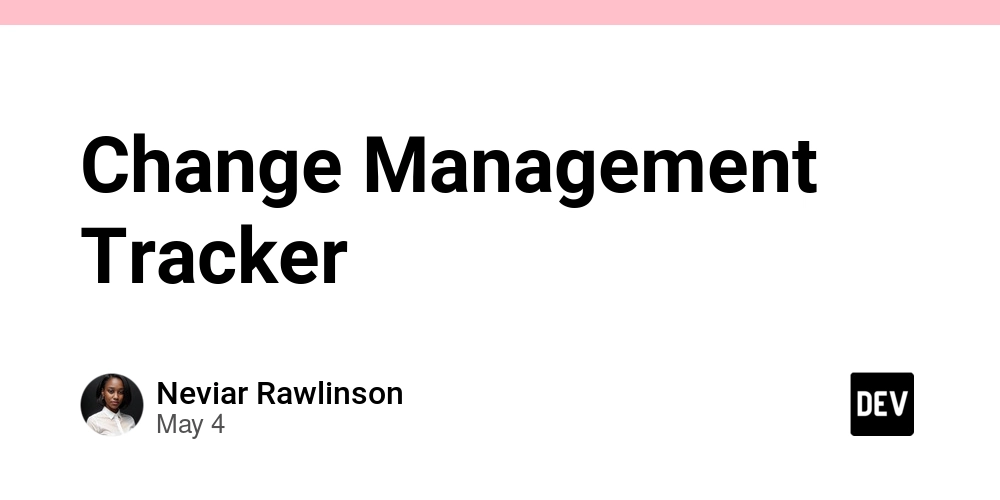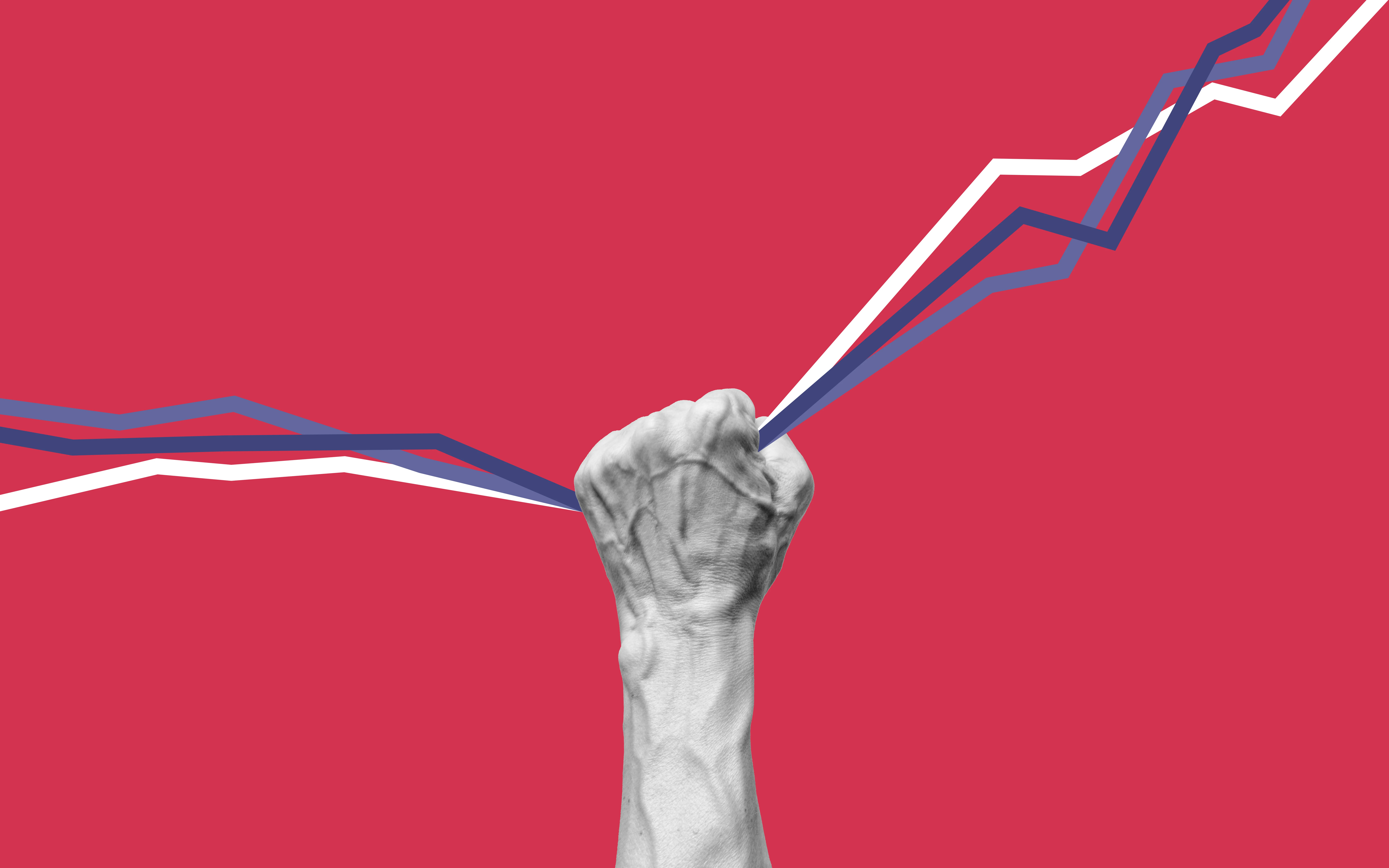Facebook Allegedly Detected When Teen Girls Deleted Selfies So It Could Serve Them Beauty Ads
You might have heard the famous maxim, "if something is free, you're the product." That's true in a sense — 21st century tech has heralded a previously unseen era of surveillance and erosion of privacy, a financial system known as "surveillance capitalism." Surveillance capitalism came about when some crafty software engineers realized that advertisers were willing to pay bigtime for our personal data, which builds up as we surf the web. That data helps advertising corporations "understand their audience" and "deliver highly relevant content," and has expanded into a global data trade as more and more people go online. The […]


You might have heard the famous maxim that "if something is free, you're the product." The freemium world of apps and social media have made it nearly indisputable, heralding a previously unimaginable tech panopticon known as "surveillance capitalism."
Surveillance capitalism came about when some crafty software engineers realized that advertisers were willing to pay bigtime for our personal data, which builds up as we surf the web. That data helps advertising corporations "understand their audience" and "deliver highly relevant content," and has expanded into a global data trade as more and more people spend more time online.
The data trade is how social media platforms like Google, YouTube, and TikTok make their bones. In 2022, the data industry raked in just north of $274 billion worth of revenue. By 2030, it's expected to explode to just under $700 trillion.
And as the data trade expands, so too does the tech behind it. What were once chintzy if endearing tabloid-style popups — "Doctors hate him! See how he reversed his age with one weird trick" — have now become hyper-personalized ads crafted and delivered for very specific groups of users, a system called "social media targeting."
Targeted ads on social media are made possible by analyzing four key metrics: your personal info, like gender and age; your interests, like the music you listen to or the comedians you follow; your "off app" behavior, like what websites you browse after watching a YouTube video; and your "psychographics," meaning general trends glossed from your behavior over time, like your social values and lifestyle habits.
The evolution of these metrics is important to understanding the all-consuming nature of surveillance capitalism — even a scathing rant about surveillance capitalism becomes fodder for the machine, as you can clearly see with the ads on this page. When deep-pocketed advertisers are involved, positive and negative traits alike become dollar signs; search terms to be probed, analyzed, and used for profit.
A recent tell-all book by former Facebook insider Sarah Wynn-Williams, titled "Careless People," is blowing the lid on the sheer depravity of the social media giant's targeting machine. Wynn-Williams worked at Facebook — which subsequently changed its name to Meta a few years back — from 2011 to 2017, eventually rising to the role of public policy director.
As early as 2017, Wynn-Williams writes, Facebook was exploring ways to expand its ad targeting abilities to thirteen-to-seventeen-year-olds across Facebook and Instagram — a decidedly vulnerable group, often in the throes of adolescent image and social crises.
Though Facebook's ad algorithms are notoriously opaque, the company allegedly crafted a pitch deck for advertisers bragging that it could exploit "moments of psychological vulnerability" in its users by targeting terms like "worthless," "insecure," "stressed," "defeated," "anxious," "stupid," "useless," and "like a failure."
The social media company likewise tracked when adolescent girls deleted selfies, "so it can serve a beauty ad to them at that moment," according to Wynn-Williams. Other examples of Facebook's ad lechery are said to include the targeting of young mothers based on their emotional state, as well as emotional indexes mapped to racial groups, like a "Hispanic and African American Feeling Fantastic Over-index."
"To me, this type of surveillance and monetization of young teens’ sense of worthlessness feels like a concrete step toward the dystopian future Facebook’s critics had long warned of," Wynn-Williams reflects.
The author says that when the news first broke back in 2017, the executives behind the advertising drive were nonplussed. The company crafted a cookie-cutter statement: "We take this very seriously and are taking every effort to remedy the situation." A junior researcher was fired, "even though that poor researcher was most likely just doing what her bosses wanted... another nameless young woman who was treated as cannon fodder."
And yet, work on this kind of sleezy ad-targeting continued. Wynn-Williams writes that the deputy chief privacy officer at the time confirmed, "not only does Facebook offer this type of customized behavioral targeting," but that "there's a product team working on a tool that would allow advertisers to do this themselves, without Facebook's help."
Wynn-Williams says that, as she worked to wrap her head around her company's sordid revenue model and craft effective PR statements, her bosses raged at the idea that there was any problem with targeting vulnerable youth. (Meta took legal action against the book, forcing Wynn-Williams to stop promoting it, but that didn't stop it from becoming a bestseller.)
"This is the business, Sarah. We’re proud of this," one of the top advertising executives told her at the time. "We shout this from the rooftops. This is what puts money in all our pockets. And these statements make it look like it’s something nefarious."
The age of surveillance capitalism has brought us many dystopian horrors, which tech researchers and journalists are working tirelessly to uncover. Among them, it seems, is the monetization of despair and insecurity — the skin-crawling epitome of everything that those critics have been saying about surveillance capitalism from the start.
As the philosopher Antonio Gramsci wrote from his prison cell in Fascist Italy: "The old world is dying and the new world struggles to be born. Now is the time of monsters."
More on surveillance capitalism: AI Browser Will Track Every Single Thing You Do, CEO Reveals
The post Facebook Allegedly Detected When Teen Girls Deleted Selfies So It Could Serve Them Beauty Ads appeared first on Futurism.




































































































































































![[The AI Show Episode 145]: OpenAI Releases o3 and o4-mini, AI Is Causing “Quiet Layoffs,” Executive Order on Youth AI Education & GPT-4o’s Controversial Update](https://www.marketingaiinstitute.com/hubfs/ep%20145%20cover.png)




























































































































![[FREE EBOOKS] Learn Computer Forensics — 2nd edition, AI and Business Rule Engines for Excel Power Users & Four More Best Selling Titles](https://www.javacodegeeks.com/wp-content/uploads/2012/12/jcg-logo.jpg)





![From Art School Drop-out to Microsoft Engineer with Shashi Lo [Podcast #170]](https://cdn.hashnode.com/res/hashnode/image/upload/v1746203291209/439bf16b-c820-4fe8-b69e-94d80533b2df.png?#)






































































































(1).jpg?#)
































_Inge_Johnsson-Alamy.jpg?width=1280&auto=webp&quality=80&disable=upscale#)










































































































![Apple to Split iPhone Launches Across Fall and Spring in Major Shakeup [Report]](https://www.iclarified.com/images/news/97211/97211/97211-640.jpg)
![Apple to Move Camera to Top Left, Hide Face ID Under Display in iPhone 18 Pro Redesign [Report]](https://www.iclarified.com/images/news/97212/97212/97212-640.jpg)
![Apple Developing Battery Case for iPhone 17 Air Amid Battery Life Concerns [Report]](https://www.iclarified.com/images/news/97208/97208/97208-640.jpg)
![AirPods 4 On Sale for $99 [Lowest Price Ever]](https://www.iclarified.com/images/news/97206/97206/97206-640.jpg)
































![[Updated] Samsung’s 65-inch 4K Smart TV Just Crashed to $299 — That’s Cheaper Than an iPad](https://www.androidheadlines.com/wp-content/uploads/2025/05/samsung-du7200.jpg)



































































